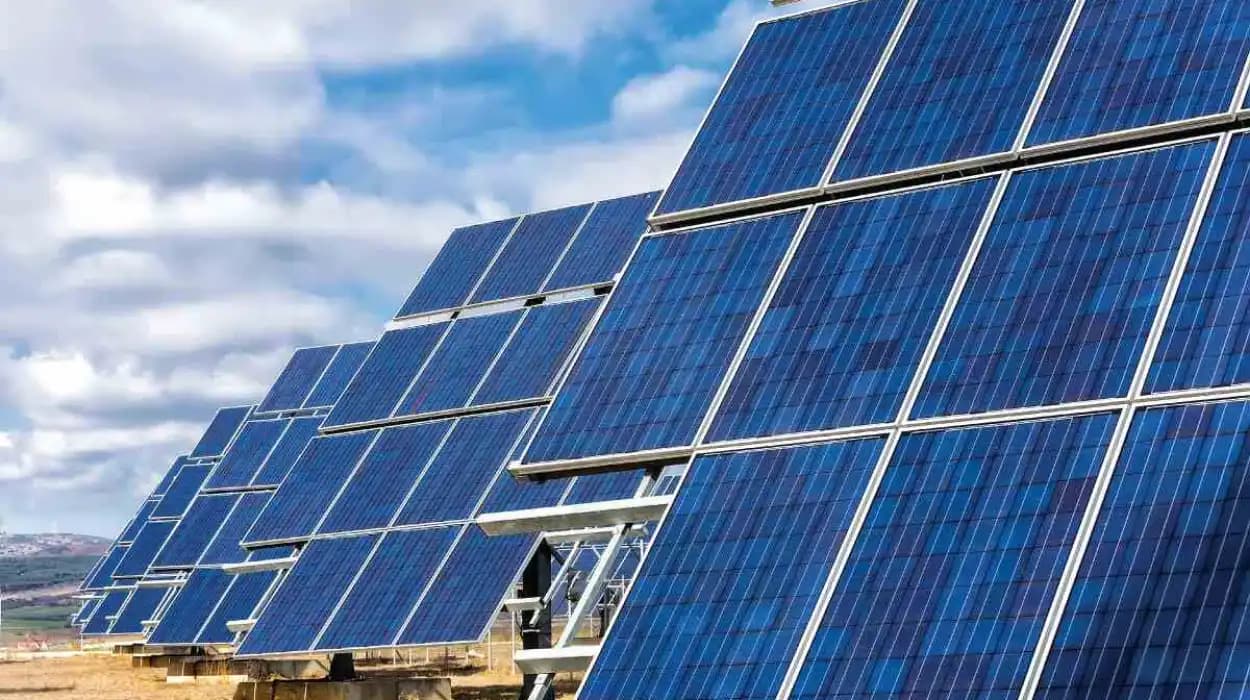Iraq is accelerating plans for a large-scale solar power
project in cooperation with the United Arab Emirates as part of its strategy to
diversify energy sources beyond fossil fuels. This move aims to enhance the
country’s electricity capacity and reduce reliance on oil while addressing
energy demand and sustainability goals.
Iraq’s energy diversification through UAE solar project
Iraq is moving swiftly to advance a significant solar energy
initiative in collaboration with the United Arab Emirates (UAE), signalling a
shift towards renewable energy and less dependence on traditional oil-generated
power. The project is expected to substantially contribute to Iraq’s
electricity supply and underscores the country’s commitment to sustainable
energy transformation.
According to a report by Rudaw, Iraq has shown urgency in
the project’s implementation, which is part of broader efforts to meet rising
domestic energy requirements and reduce the environmental footprint of its
energy sector.
Background and project details
The solar project is designed to harness Iraq’s ample
sunlight resources, capitalizing on the growing global emphasis on clean and
renewable energy sources. It represents a cornerstone of Iraq’s national energy
strategy aimed at diversifying away from oil, which currently dominates the
domestic energy mix.
As noted by Rudaw’s coverage, the initiative involves
technical and financial cooperation with the UAE, a regional leader in
renewable energy development, bringing expertise and investment critical to the
project's success.
Statements from key officials
Iraq’s government officials have expressed optimism
regarding the project's potential to boost electricity generation capacity and
contribute to energy security. At the same time, collaboration with the UAE is
highlighted as a model for regional partnerships in renewable energy
development.
Rudaw quotes an Iraqi official emphasising the importance of
expediting this solar energy project as a step towards modernising Iraq’s power
infrastructure and achieving long-term sustainability goals.
Strategic significance and regional context
The collaboration between Iraq and the UAE in this solar
project also reflects a wider regional trend where Middle Eastern countries
diversify their energy portfolios amid global energy market shifts and climate
change concerns. The planned solar capacity aims to relieve pressure on Iraq's
electricity grid, which has been challenged by increasing demand and
infrastructure limitations.
This move also positions Iraq within the dynamic regional
energy transition narrative, where integration of renewables is becoming a
strategic priority.
While the project promises significant benefits, experts
note the importance of effective execution, including securing the necessary
technological, financial, and regulatory frameworks. Iraq’s ability to scale up
renewable energy sources like solar will be a key factor in its future economic
and environmental sustainability.
The project’s progress will be closely watched as part of Iraq’s broader energy reforms and its ambitions to reduce greenhouse gas emissions and promote sustainable development.
